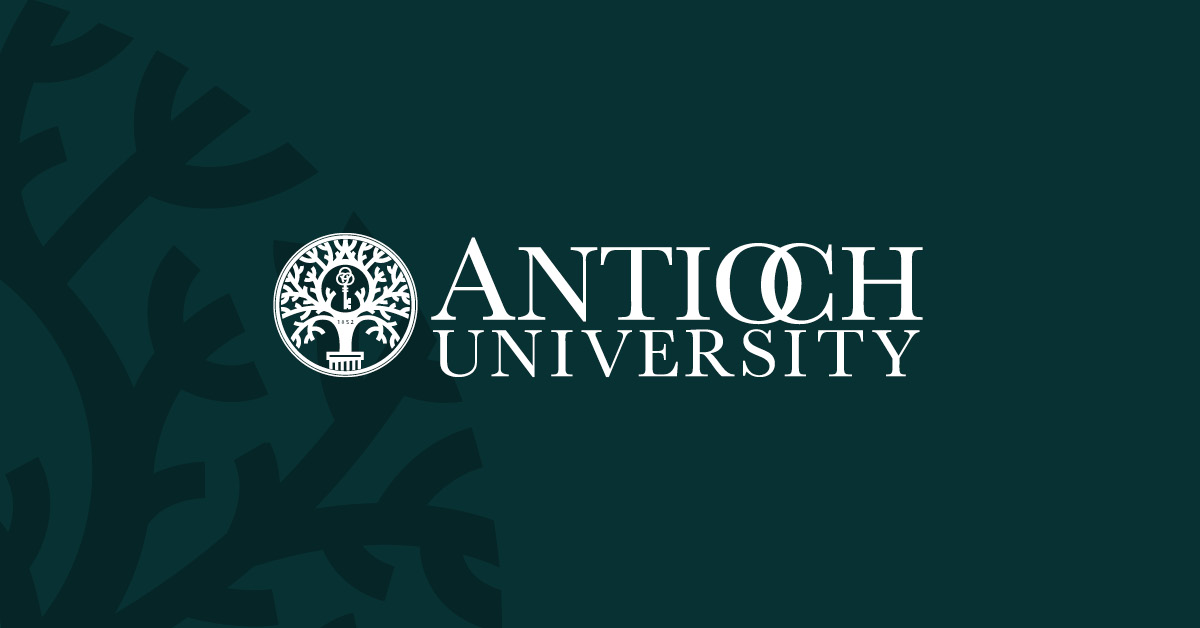 Dr. Trent Pinto, a 2019 graduate of Antioch’s Leadership and Change program, sees higher education and college campuses as a microcosm of society—and its inclusive challenges. By working to enact change at the University of Cincinnati, where he is the director of resident education and development, Pinto is supporting diversity and inclusion across the university and beyond.
Dr. Trent Pinto, a 2019 graduate of Antioch’s Leadership and Change program, sees higher education and college campuses as a microcosm of society—and its inclusive challenges. By working to enact change at the University of Cincinnati, where he is the director of resident education and development, Pinto is supporting diversity and inclusion across the university and beyond.
Pinto began his higher education career at the University of Dayton, first in conference services as an undergraduate working in the summer, and then in residence life as a graduate student. During these experiences, he saw the importance of supporting young people on their educational journeys.
“I find it a privilege and an honor to be able to come to a college campus every day and work with young people,” says Pinto, who keeps a file of notes and cards from students who have thanked him for his support during difficult times. “I get a lot of fulfillment out of being a small piece in their life puzzle.”
Pinto has worked in his current role at the University of Cincinnati for five years, including on significant diversity and inclusion projects, such as the opening of the campus’ first gender-inclusive student housing. The Audre Lorde social justice house opened in 2018, so far serving about 60 students, and its namesake is an American writer, feminist, and civil rights activist. Pinto says working relentlessly for four years to push the boundaries of inclusivity in traditionally conservative Cincinnati is an example of the importance of the activism and change that is at work on college campuses. This shift toward gender-inclusiveness mirrors what is happening in communities across the nation on and off-campuses.
“If we can create an environment where we are going to open up an opportunity for a student, or to make a student feel more welcome, then that is worth going through the tough stuff,” says Pinto, who recently pushed his team to redistribute staff members in student housing and other roles to create more diversity and inclusion.
The opportunity to work toward greater inclusion for students is one factor that attracted Pinto to the doctoral program at Antioch. One of his goals was to conduct research around race and diversity with an interdisciplinary approach and his dissertation explored how incidents of racism on campuses impact student affairs professionals — It is work that he reflects on every day in his leadership role at the university.
“When specifically talking about racism on a college campus it is a very real and palpable topic,” says Pinto. “I wanted to look at not only the phenomena of racism on the college campus but also how it was impacting our field.”
Pinto notes how the school worked to change the name of the campus’ College of Arts and Sciences from Charles McMicken—a Cincinnati businessman who supported the slave trade. This shift followed the campus’ progressive goals and exemplifies the leadership and change that was at the core of Pinto’s studies at Antioch.
Says Pinto: “I am hopeful that my role on this campus and being part of the leadership is helping things move in the right direction.”


